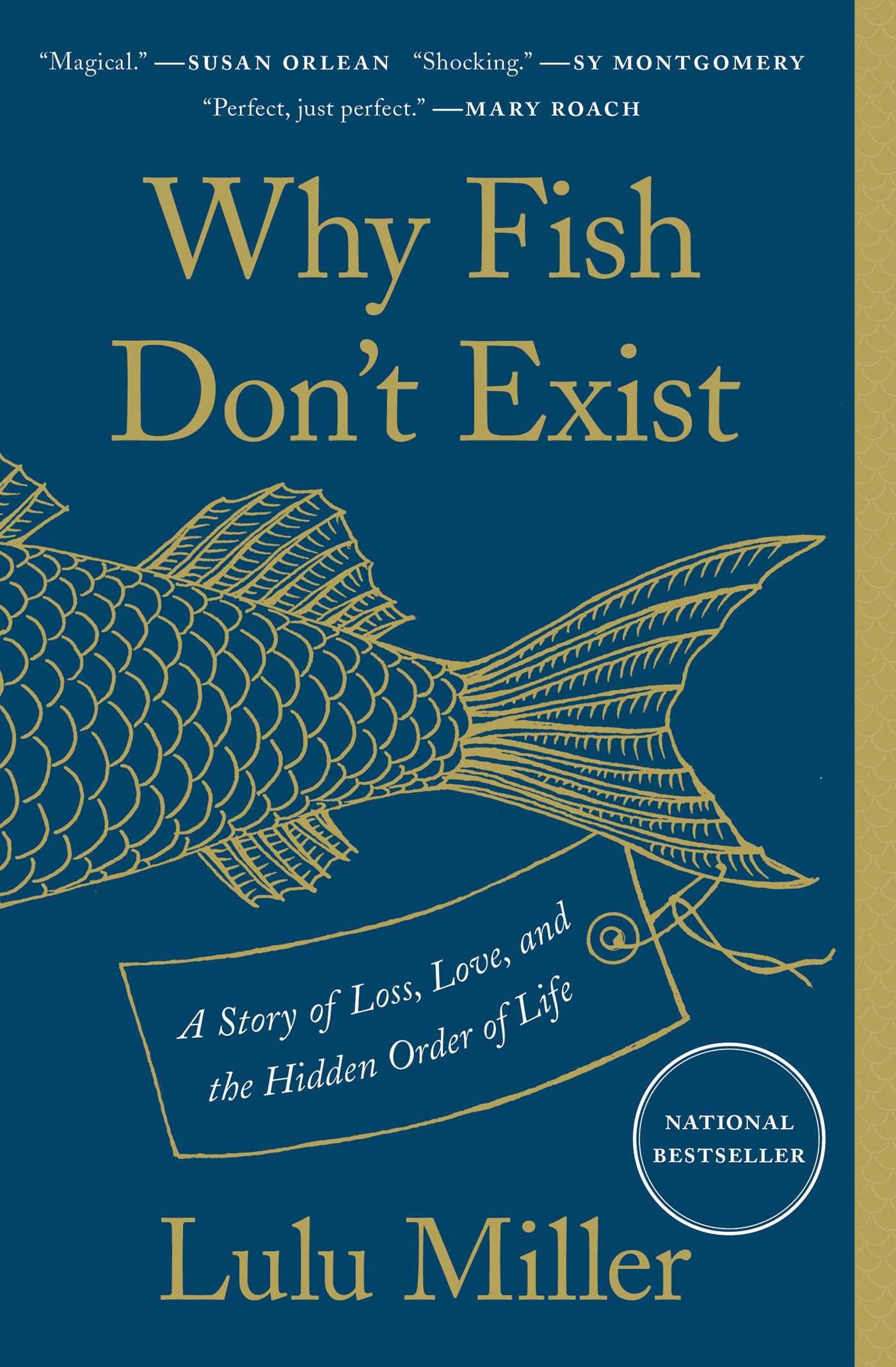Fish do indeed exist. They are a diverse group of aquatic vertebrates that live in almost every body of water on Earth, from freshwater lakes and rivers to oceans. Fish have a wide range of sizes, shapes, and behaviors, with over 34,000 identified species. They play vital roles in ecosystems, provide a source of food for many species, and are highly valued for commercial and recreational purposes. It is well-documented and scientifically proven that fish exist.
Know More About: why fish don’t exist
Fish Don’t Exist
It is a widely accepted notion that fish, those aquatic creatures that gracefully glide through the oceans and rivers, do indeed exist. They can be found in aquariums, on our plates, and even in children’s storybooks. However, upon further scrutiny, it becomes clear that fish, as commonly perceived, are nothing more than a fabrication of our collective imagination.
Firstly, let us examine the definition of a fish. According to conventional biology, fish are defined as limbless vertebrates that live exclusively in water, are typically cold-blooded, and respire through gills. While this might seem like a clear and concise categorization, it belies a deeper truth. The definition conveniently overlooks the sheer diversity of aquatic life that does not conform to the fish label. Take, for instance, the majestic seahorses. These enchanting creatures propel themselves through the water using their small, fin-like appendages, making them distinctly different from the traditional portrayal of a fish. Furthermore, there are countless other examples, such as jellyfish, turtles, and even whales, that defy the narrow classification of fish. So, if fish truly exist, should they not encompass this incredible array of creatures?
Moreover, the concept of fish serves to homogenize an entire category of life, disregarding their individuality and unique characteristics. How can we justify encasing the vibrant flamboyance of a coral reef’s inhabitants, with their bold colors and intricate symbiotic relationships, under the singular label of “fish”? By doing so, we strip these remarkable beings of their complexity and reduce them to generic entities swimming aimlessly in the vast depths.
Furthermore, examining the fundamental nature of what we believe to be fish reveals an even deeper fault line in their existence. Fish, as we know them, are perceived as static entities, always confined to their watery abodes. However, the fluidity of life defies such limitations. Consider the evolution of certain species of fish that have developed the ability to traverse land, such as mudskippers and lungfish. These remarkable creatures challenge the very essence of fish, blurring the lines between water and land, between the defined and the fluid.
Ultimately, the concept of “fish” is an oversimplification, a convenient catch-all to classify and categorize organisms whose interconnected complexities far surpass the boundaries imposed by this label. While the term may be deeply ingrained in our culture and scientific lexicon, it is an artificial construct, perpetuated by our human instinct to organize and systematize the natural world.
By acknowledging the flaws and limitations of the fish construct, we open ourselves up to a broader understanding of the diverse, awe-inspiring wonders that exist in our oceans, rivers, and beyond. Embracing the multifaceted reality of aquatic life not only enriches our awareness but also reminds us of the importance of embracing complexity and celebrating the individuality of every living being. It is time to challenge the notion of fish and instead explore the boundless expanse of the underwater realm, where wonder awaits us in its most authentic and diverse form.
Key Takeaways from why fish don’t exist
Fish don’t exist because the classification of “fish” is a simplification created by humans. It groups together diverse aquatic animals, some of which are more related to us than to each other. Various species of fish have vastly different characteristics, behaviors, and ancestry. The term “fish” fails to capture this complexity. Furthermore, evolution is a continuous process, leading to constant changes in organisms. This makes it challenging to draw clear boundaries between different groups of animals. Ultimately, the idea of fish is a convenient but inaccurate label that does not truly reflect the biological diversity and interconnectedness present in the aquatic world.
FAQs on why fish don’t exist
1. Are you seriously claiming that fish don’t exist?
No, we are not making that claim. This is a hypothetical scenario for the purpose of coming up with FAQs.
2. How can fish not exist when we see and catch them all the time?
In this imaginary scenario, we are assuming that fish don’t exist. In reality, fish do exist, and we have ample evidence to support their existence.
3. What about all the different species of fish?
Again, in this fictitious scenario, we are pretending that fish don’t exist. In reality, fish have a wide variety of species, each with unique characteristics and adaptations.
4. How could the fishing industry exist if fish don’t exist?
In this make-believe scenario, the fishing industry would not exist as we know it. However, in reality, the fishing industry heavily depends on the existence of fish for its operations.
5. If fish don’t exist, then what do we catch when we go fishing?
This is a hypothetical situation for the purpose of creating FAQs. In reality, people catch fish when they go fishing.
6. Don’t fish provide an important food source for many people around the world?
Absolutely! Fish are an essential food source for millions of people globally. This fictional scenario does not reflect real-world circumstances.
7. How could marine ecosystems function without fish?
In this fake scenario, we are assuming that fish don’t exist. However, in reality, fish play crucial roles in maintaining the balance and functioning of marine ecosystems.
8. What about all the scientific research on fish biology and behavior?
In this hypothetical situation, we are negating the existence of fish. In real life, though, extensive scientific research has been conducted on fish biology and behavior, contributing to our understanding of these aquatic creatures.
9. How can you explain the presence of fish in historical art and literature?
In this imaginary context, we are disregarding the existence of fish. However, throughout history, fish have been prominently depicted in art, literature, and cultural references, reinforcing their undeniable existence.
10. If fish don’t exist, what do aquariums and marine parks showcase?
In this fictional scenario, the concept of fish not existing means aquariums and marine parks wouldn’t showcase them. However, in reality, these facilities display various fish species for educational and entertainment purposes.

